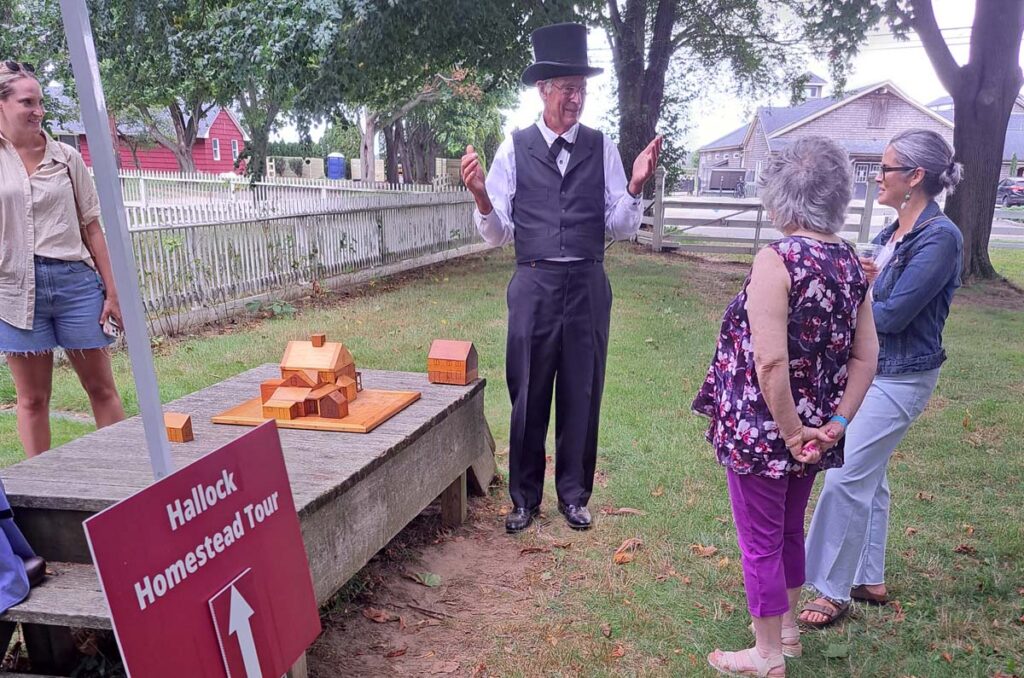Builders rally for Riverhead Town in its fight against DEC regs
The New York State Builders Association is backing Riverhead Town in its lawsuit against what the town asserts are new state restrictions on protecting endangered and threatened species on potentially developable land.
The trade group, at the request of the Long Island Builders Institute, is preparing a “friend of the court” brief to be submitted in support of the town’s suit concerning the impact of the new regulations.
The town filed the lawsuit earlier this year, protesting new amendments to Part 182 of the state environmental conservation law that were enacted Nov. 3, 2010.
The town claims the amendments were enacted illegally.
“The amendments to Part 182 will cost New York State taxpayers, residents, business owners and developers millions of dollars and render large areas of property undevelopable,” said builders association CEO Mitchell Pally in a press release.
The group, like Riverhead Town, believes that under the new regulations, if an endangered species was found on a specific parcel of land, the developer would have to mitigate any potential impacts to the listed species, and says that in many cases, this could involve providing buffers to protect the species in question. The new regulation also requires that the developer obtain an “incidental take permit.”
In order to get that permit, officials say, a landowner must prepare a mitigation plan that shows a “net conservation benefit” to the affected listed species. A net conservation benefit means that a landowner or developer must show how the proposed activity will provide the species with a better habitat than existed prior to the activity.
The landowner also has to provide monitoring of compliance forever and has to enter into an implementation agreement with the DEC, which would require the posting of bonds and/or escrow deposits in perpetuity, builders association officials said.
In comments posted on its website prior to the implementation of the new regulations, the DEC claims the new regulations merely clarify existing ones, and will not impose a new regulatory burden on developers because a permit is already needed for work that might disturb endangered species.
“[Long Island Builders Institute, New York State Builders Association] and the Town of Riverhead believe the costs of these new regulations would be staggering and will render just about any parcel of land that a listed species lives in or lands on undevelopable,” the builders association press release reads.
The town’s lawsuit claims the new amendments are not legal because “it is not permissible for the DEC to introduce a completely new set of regulations requiring new permits, monitoring, and bonds under the auspices of just ‘clarifying existing regulations.’ ”
The town also claims the amendments were enacted without a required public hearing.
The DEC had a written comment period for the amendments that ran from Aug. 4 to Sept. 20, 2010.
“The Long Island Builders Institute fully supports the importance of protecting endangered and threatened species of fish and wildlife,” Mr. Pally said. “However, an equitable balance is needed between the need to protect endangered species and the need to create desperately needed jobs and housing for all residents of Long Island and New York State.”








